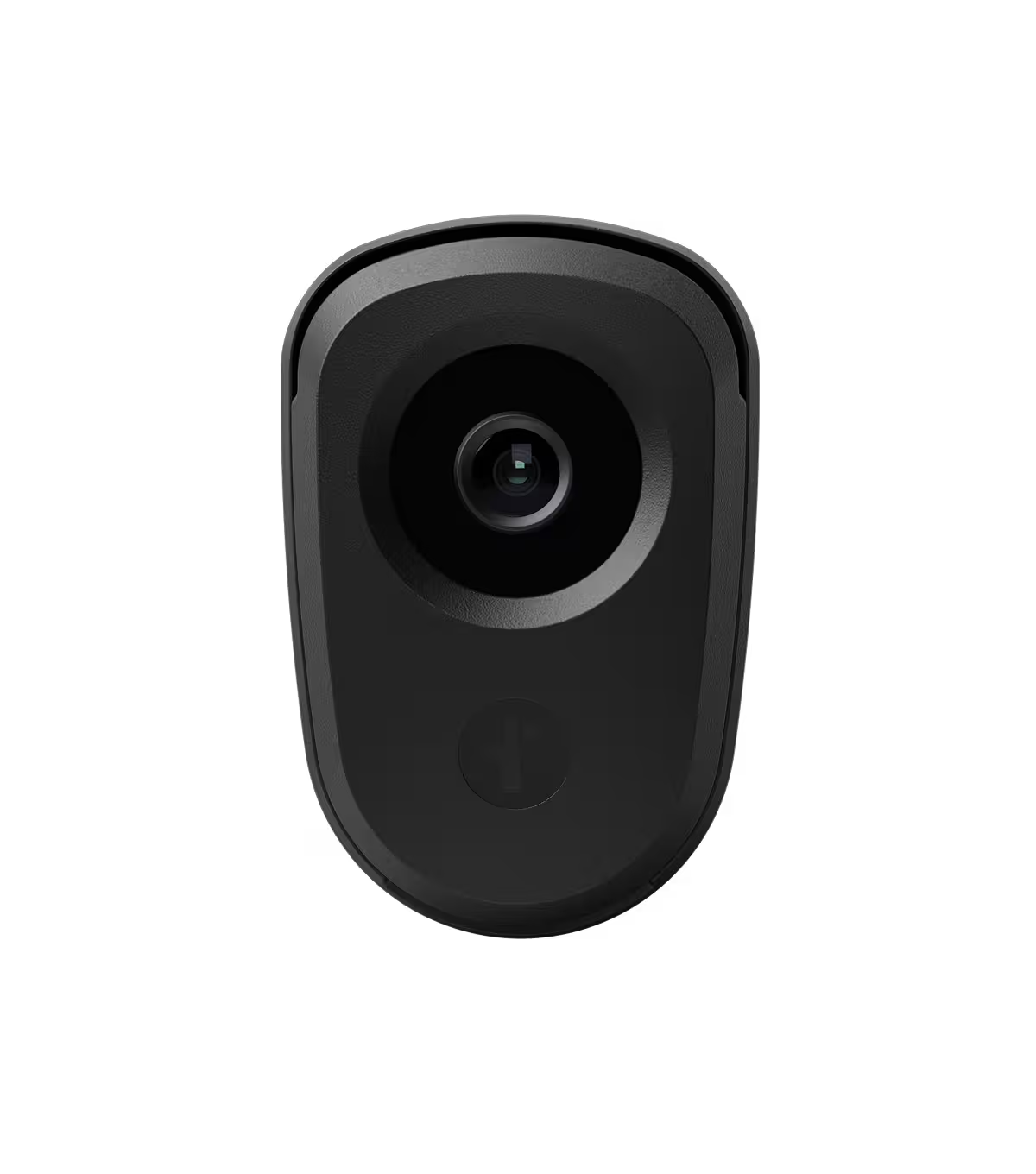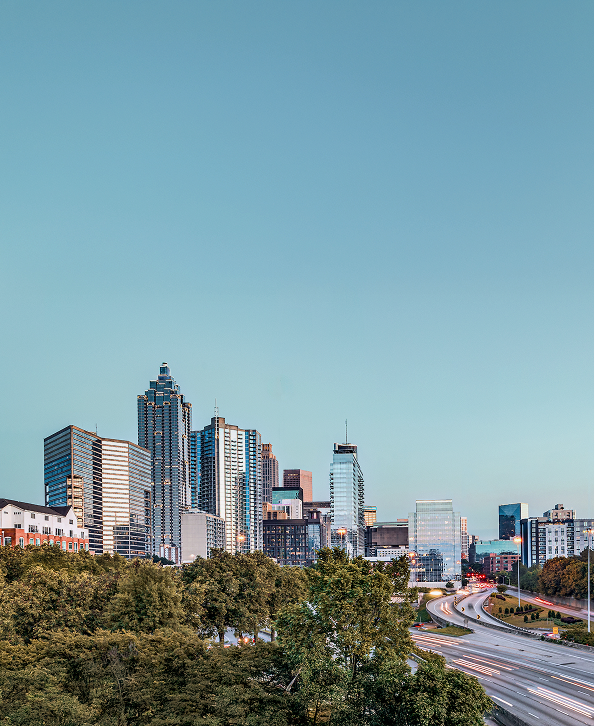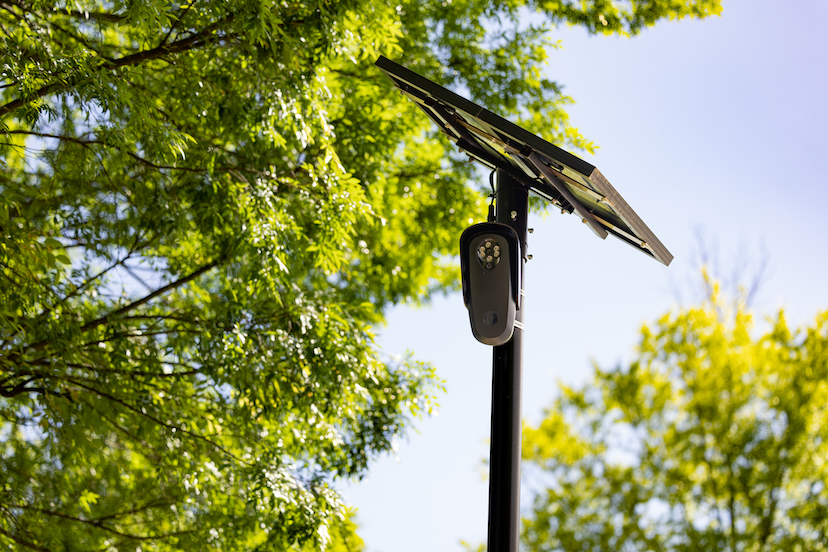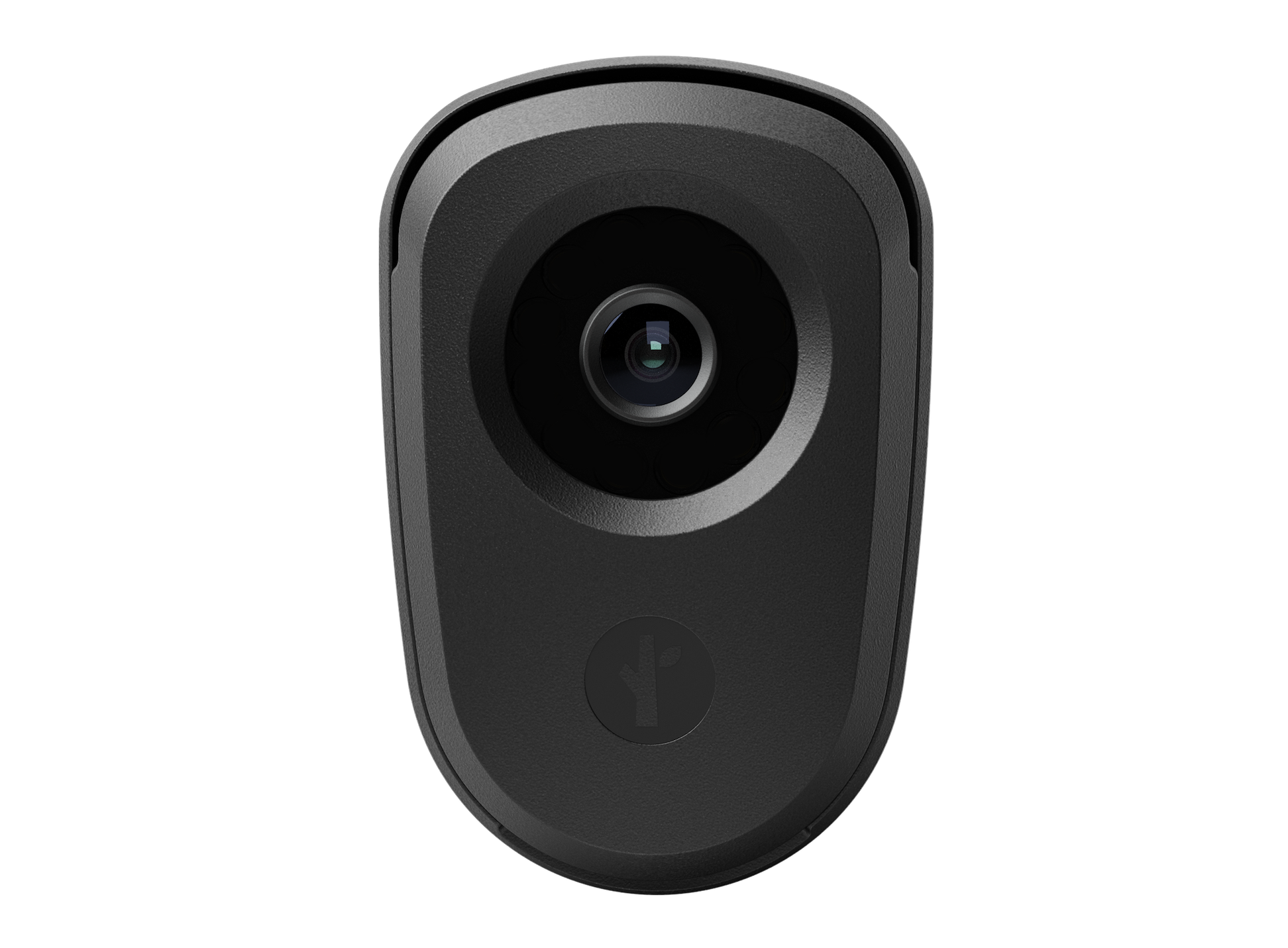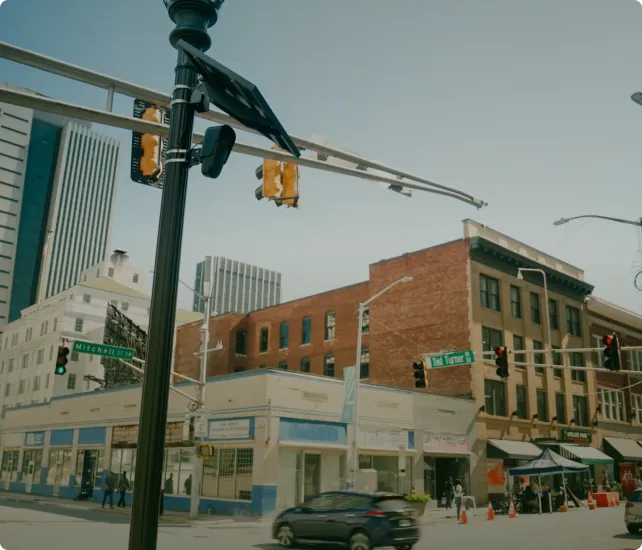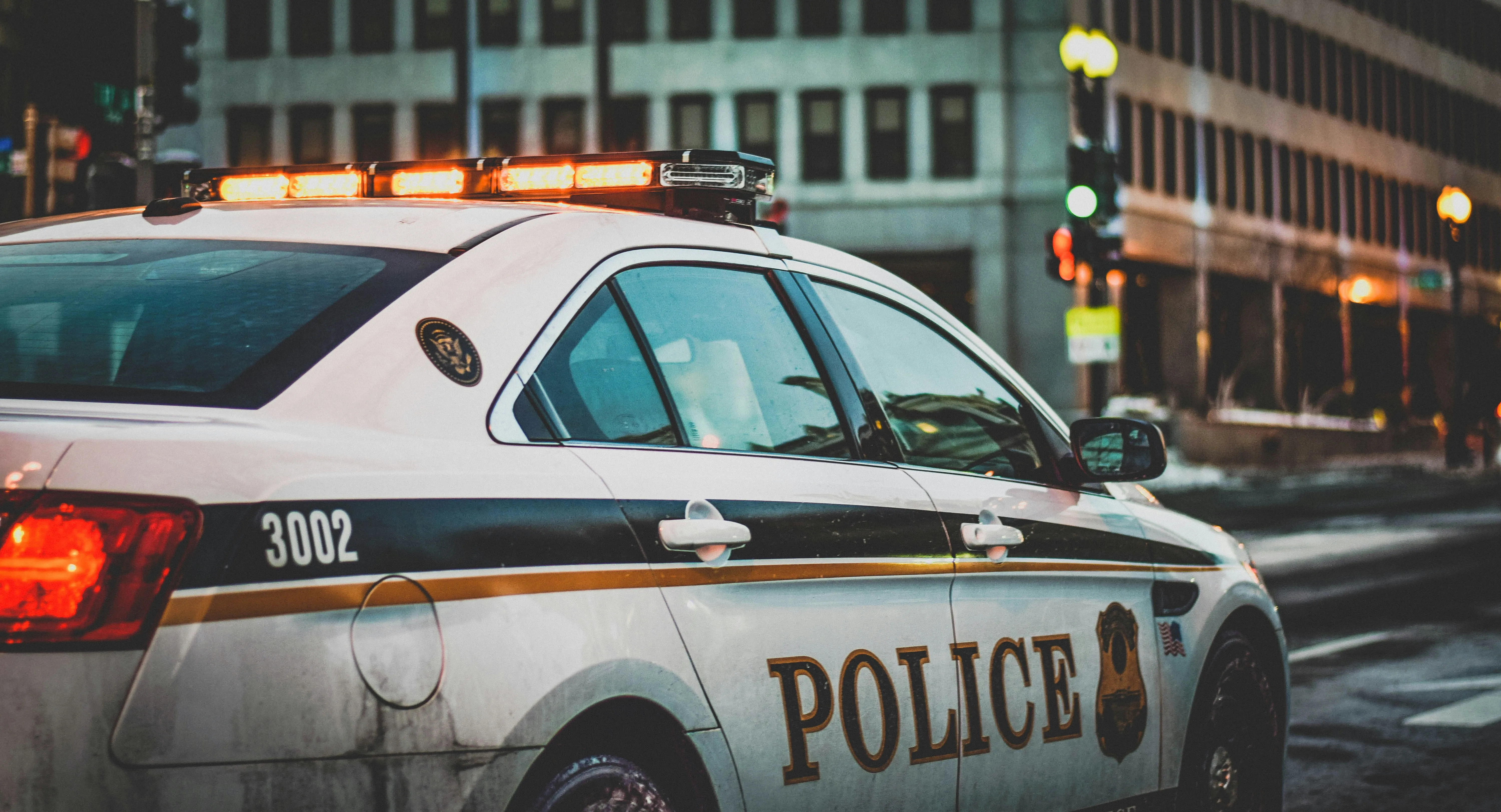


What Are Police Camera Towers? How Mobile Security Towers Work
Explore how police camera trailers work, and see why modern mobile security trailers help law enforcement deter crime, respond faster, and gather evidence.
Police camera trailers, sometimes referred to as security towers, are elevated, mobile security solutions that help deter crime and increase visibility in public spaces. While these terms are often used interchangeably, many agencies are turning to a more flexible, tech-forward option: mobile security trailers.
Mobile security trailers are comprehensive solutions that help with more than just monitoring. They can also facilitate evidence collection, expand police coverage, and provide real-time detection and alerts.
With the current police staffing crisis and the new administration’s budget cuts within the U.S. Department of Justice (DOJ), these technologies are more important than ever. Mobile trailers can help police be everywhere at the same time, by providing remote visibility and flexible coverage.
How mobile security trailers work to help deter and solve crime
Mobile security trailers support crime deterrence and case resolution by providing coverage whenever and wherever needed. Since they don’t rely on utilities or infrastructure like grid power and cables, agencies can deploy them in high-risk areas within hours to support their officers.
Mobile trailers typically feature hardware like cameras and flashing lights, as well as software solutions like AI-powered alerts, all working together to enhance officers’ capabilities. Here’s a look at how they help discourage and solve crimes.
High-visibility deterrence
Mobile trailers are intentionally designed to be visible to discourage offenders. They’re tall and contain unmistakable visual deterrents like:
- Video cameras: Some feature both panoramic view and Pan-Tilt-Zoom (PTZ) cameras for wide-area coverage.
- Flashing lights: They’re designed to replicate law enforcement agencies’ flashing lights and discourage would-be offenders.
- Speakers: Some mobile security towers have built-in talk-down speakers that allow officers to issue warnings in case of credible threats.
Together, these features deter criminal activities like theft, loitering, and trespassing by showing a police presence.
Real-time threat detection
Some mobile trailers also provide motion sensors, AI-powered threat detection capabilities, and real-time alerts. These features allow for quick responses, potentially minimizing the risk of criminal activities and aiding apprehension.
Here’s how a trailer with motion sensors and AI capabilities can promote real-time crime detection:
- Its motion sensors detect when a vehicle or person accesses an area.
- The sensors trigger the cameras to follow the visitor or vehicle’s movements.
- AI analyzes the camera’s recording for suspicious behavior, like loitering. It typically compares behavior to chosen thresholds to minimize false alarms.
- If the visitor’s behavior suggests a credible threat, the system triggers automatic alerts to designated officers.
- The officers assess the live footage to verify the threat.
- If they confirm its credibility, they dispatch units to the area.
Video evidence for prosecution
Mobile trailer use cases extend beyond crime deterrence. These solutions have also become invaluable in case resolution because they help collect evidence like video footage and vehicle data when paired with license plate reader (LPR) cameras.
However, given the sensitive nature of prosecutions, trailers can only be valuable if they provide auditable, high-quality evidence. So an effective system should:
- Feature high-resolution cameras with infrared or night vision capabilities.
- Send recorded footage to a secure cloud storage solution with reliable audit trails.
- Link to platforms with role-based permissions to limit who accesses evidence.
To further support case resolution and streamline collaboration with prosecutors, use trailers that can integrate with collaboration platforms. This way, even officers across different locations can work together to connect incidents and share relevant evidence directly with prosecutors.
Fixed towers vs. mobile security trailers: What’s the difference?
While fixed towers and mobile security trailers may serve the same functions on the surface, the two technologies are fundamentally different:
Get a scalable, flexible solution for your agency or department: Learn more about Flock Safety’s mobile security trailers.
Where to deploy police camera trailers for the greatest impact
Mobile security trailers can extend officers’ visibility and response capacity in a wide range of areas, and there’s usually no restriction on where you can use them. That said, they offer the most value in areas with high crime rates or where fixed infrastructure may be limited, such as:
Urban and suburban crime hotspots
Retail corridors, parking lots, high-crime neighborhoods, and roadways may be susceptible to crimes like theft, vandalism, assaults, vehicle break-ins, and drug dealing. Deploying mobile security trailers in these locations can help establish a visible law enforcement presence, potentially deterring would-be offenders.
When equipped with high-resolution video cameras, trailers can also surface valuable information, like offenders’ physical appearances and vehicle details. This evidence can help officers build cases, identify repeat offenders, and apprehend suspects.
Special events and public gatherings
Event planners and local governments typically involve police departments in large gatherings that tend to pose safety challenges, such as festivals, concerts, and events. However, given the current police shortage across many cities, departments may be unable to dispatch enough officers to fully meet demand.
Mobile security trailers can serve as force multipliers. When positioned near perimeters, at entrances, and within event grounds, they help designated officers monitor crowd behavior. They can also provide real-time alerts to attempted unauthorized access of restricted areas, allowing for quick responses.
Critical infrastructure and remote sites
Construction zones, cell towers, power plants, and similar sites are often filled with valuable assets like copper and generators, making them high-value targets for theft, vandalism, and trespassing. The risks are even higher in remote locations that are hard to patrol around the clock.
Deploying trailers in these areas provides 24/7 coverage, giving officers visibility even when they’re not around physically. This can facilitate quick and well-informed responses. For example, command centers could issue warnings if the trailers send intruder alerts and, based on the video footage, determine how many police units to dispatch.
How police camera trailers support law enforcement operations
Mobile trailers give law enforcement remote visibility into different locations, which can reduce their response times, enhance situational awareness when responding to alerts, and streamline investigations. Essentially, mobile trailers improve officer safety and efficiency without overburdening already stretched police departments.
Here’s a breakdown of their capabilities and operational benefits:
- Remote access: Increases officers’ visibility without necessitating constant patrols
- Automated real-time alerts: Promote fast responses, potentially minimizing crime risks
- Two-way communication (if equipped with speakers): Enhances crowd control at events and allows officers to issue warnings to trespassers remotely
- Crime deterrence (via flashing lights and cameras): Discourages criminal activities, reducing the burden on law enforcement teams
- Evidence collection: Streamlines case building and supports prosecution
Evaluating mobile security trailer vendors: What to look for
The value you get out of your mobile security trailers ultimately depends on your provider. To choose the best option for your agency, evaluate each potential solution’s:
- Ease of deployment: Choose a vendor who can get your system up and running quickly.
- Portability: Look for modular trailer options or solutions with a compact design for easy mobility across locations.
- Cloud platform access: Make sure your vendor provides a secure platform for remote monitoring and video management.
- Technology capabilities: Look for key features like high-resolution security cameras, automated alerts, talk-down speakers, and flashing lights.
- Integration capabilities: Find a vendor that allows you to connect your trailer’s system to existing policing solutions.
- Support: Confirm your provider offers end-to-end support for everything from rapid deployment to trailer maintenance.
- Pricing: Work with a supplier that uses transparent pricing structures for both leasing and buying options.
- Warranty: Minimize your total cost of ownership by choosing a vendor that backs their solutions with comprehensive warranties and repair services.
How to improve privacy, transparency, and community trust
Police camera towers can raise valid concerns regarding surveillance, privacy, and data security. This calls for built-in policies that promote accountability and public safety.
Visible security requires visible accountability
Whether you’re using mobile security trailers to protect soft targets like festivals or to collect evidence in crime-prone locations, be upfront about their presence and purpose. Let the public know you’re monitoring designated areas by:
- Ensuring trailer visibility
- Using clear signage
- Publishing public-facing documentation explaining their presence
Disclosing your use of the technology can help build public trust and deter crime while alleviating privacy concerns.
Built-in privacy protections that minimize risk
Overstepping privacy laws can expose your department to potential lawsuits and affect your relationship with the public. Moreover, it could compromise cases that hinge on evidence from your trailers. So strictly enforced compliance and ethical data handling are essential.
To minimize your risk:
- Set your system to automatically delete footage after a specific time instead of keeping recordings indefinitely.
- Blur identifying details, like people’s faces, in non-essential footage.
- Maintain clear audit trail records to support evidence reliability and trust.
Controlled access and responsible use of footage
Protect both your community and your agency by controlling who can view and export trailer footage. Ideally, only officers who are directly involved in reported incidents should have access — and only to the relevant data for their cases.
Establishing need-to-know protocols reduces the risk of footage falling into unauthorized hands and helps preserve both evidence integrity and community trust.
How Flock Safety supports law enforcement with mobile security trailers
Flock Safety supports law enforcement agencies by facilitating quick trailer deployments to high-crime areas. Flock’s trailers don’t require any infrastructure to deploy, and provide comprehensive law enforcement support through:
- Centralized cloud access: The Flock Safety platform delivers remote monitoring and streamlined trailer control in one convenient dashboard.
- AI-powered alerts: Flock’s trailers use AI to analyze video footage and send instant alerts for suspicious activity.
Take the next step toward smarter security
Mobile security trailers extend police departments’ capabilities to fill current gaps, deter crime, and promote proactive policing that enhances community protection and minimizes asset losses.
Flock Safety’s solar-powered, weather-resistant mobile security trailers are designed to deliver scalable coverage and rapid deployment in high-risk areas. Equipped with invaluable features like panoramic view and PTZ cameras, talk-down speakers, AI-powered alerts, Flock's trailers help agencies leverage modern technology for a strategic advantage.
Book a demo today to see how Flock Safety’s solutions can be force multipliers for your agency.





Protect What Matters Most.
Discover how communities across the country are using Flock to reduce crime and build safer neighborhoods.

.webp)
